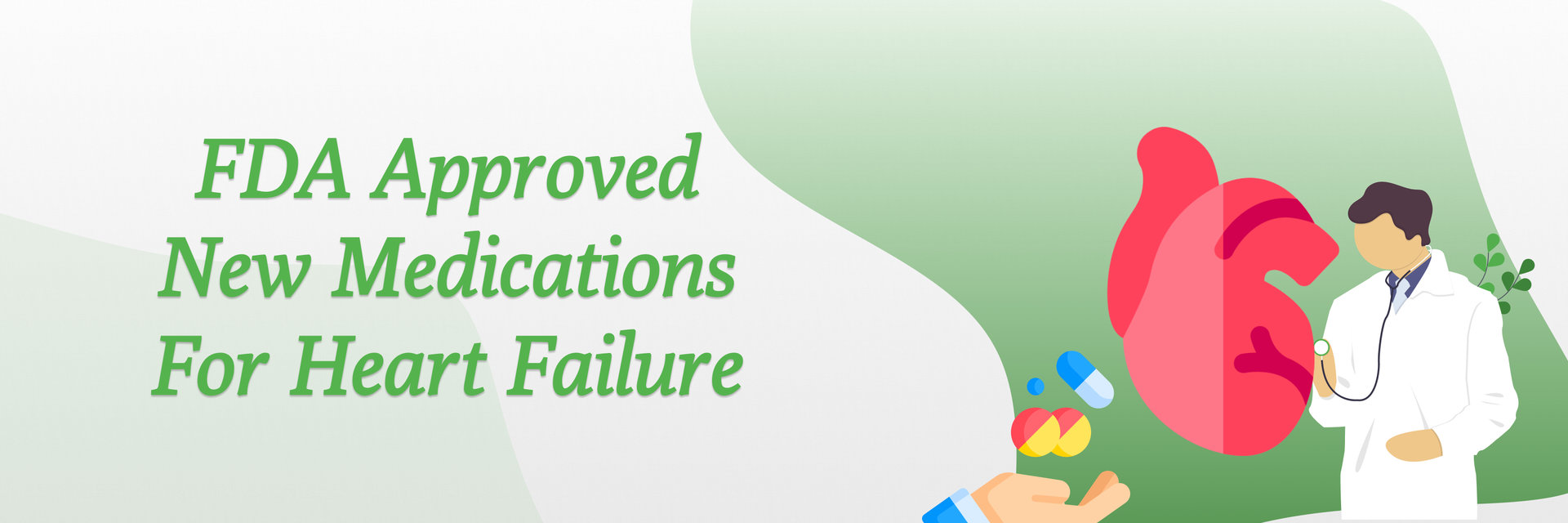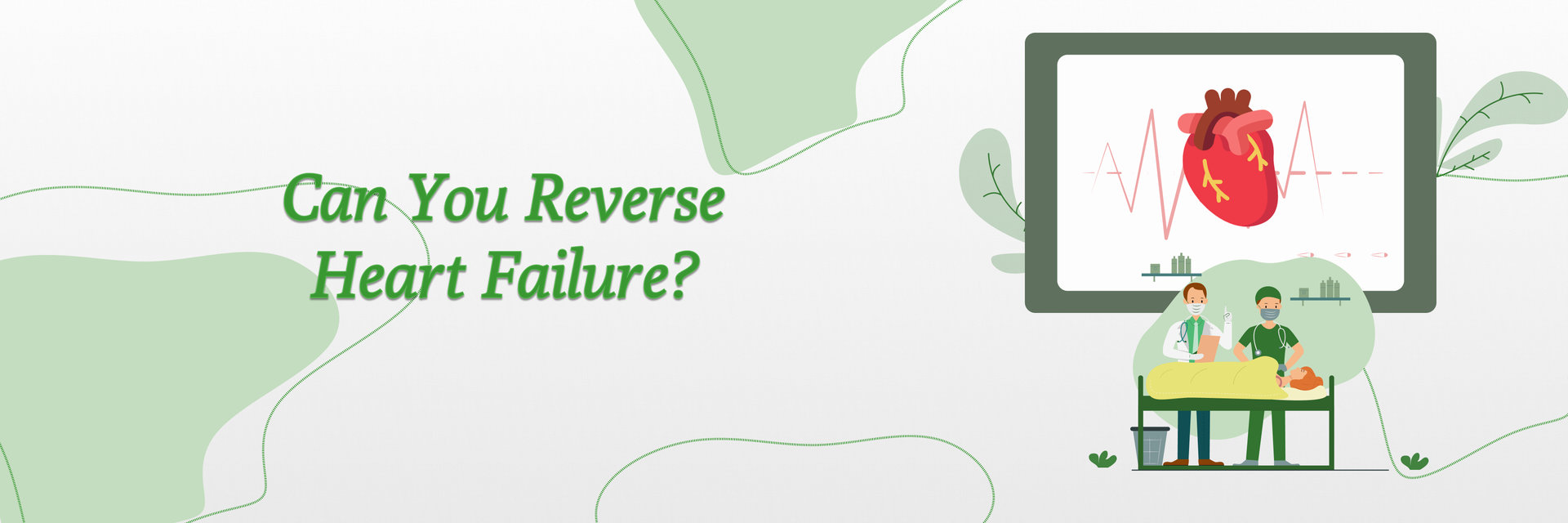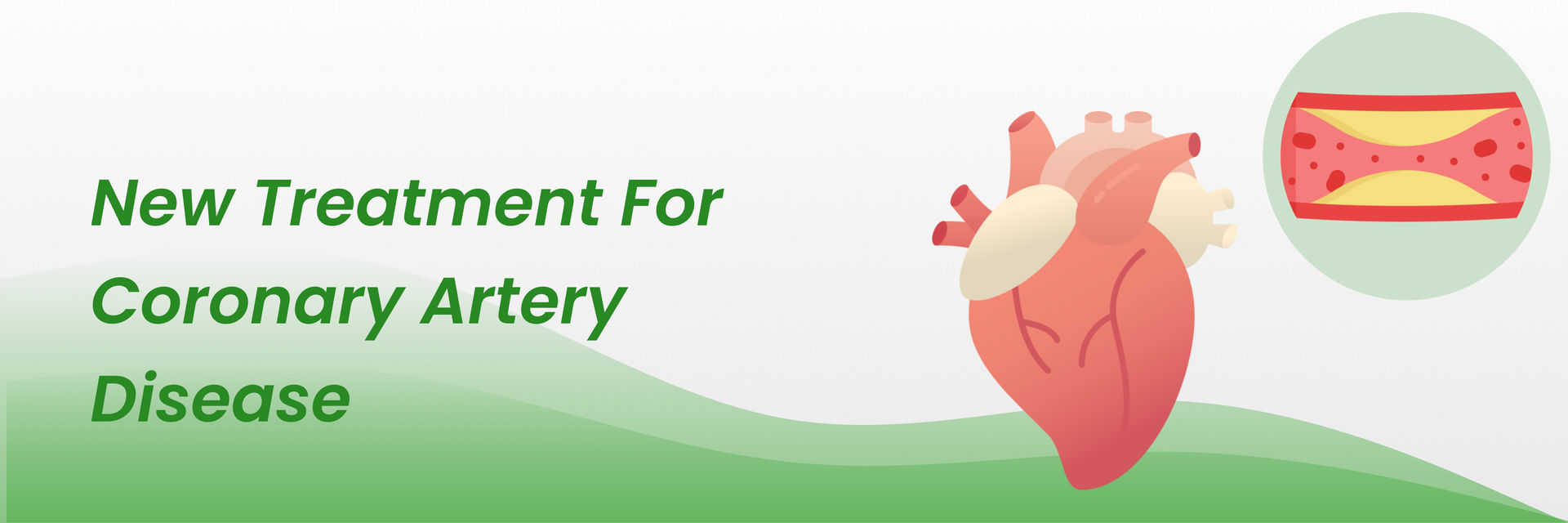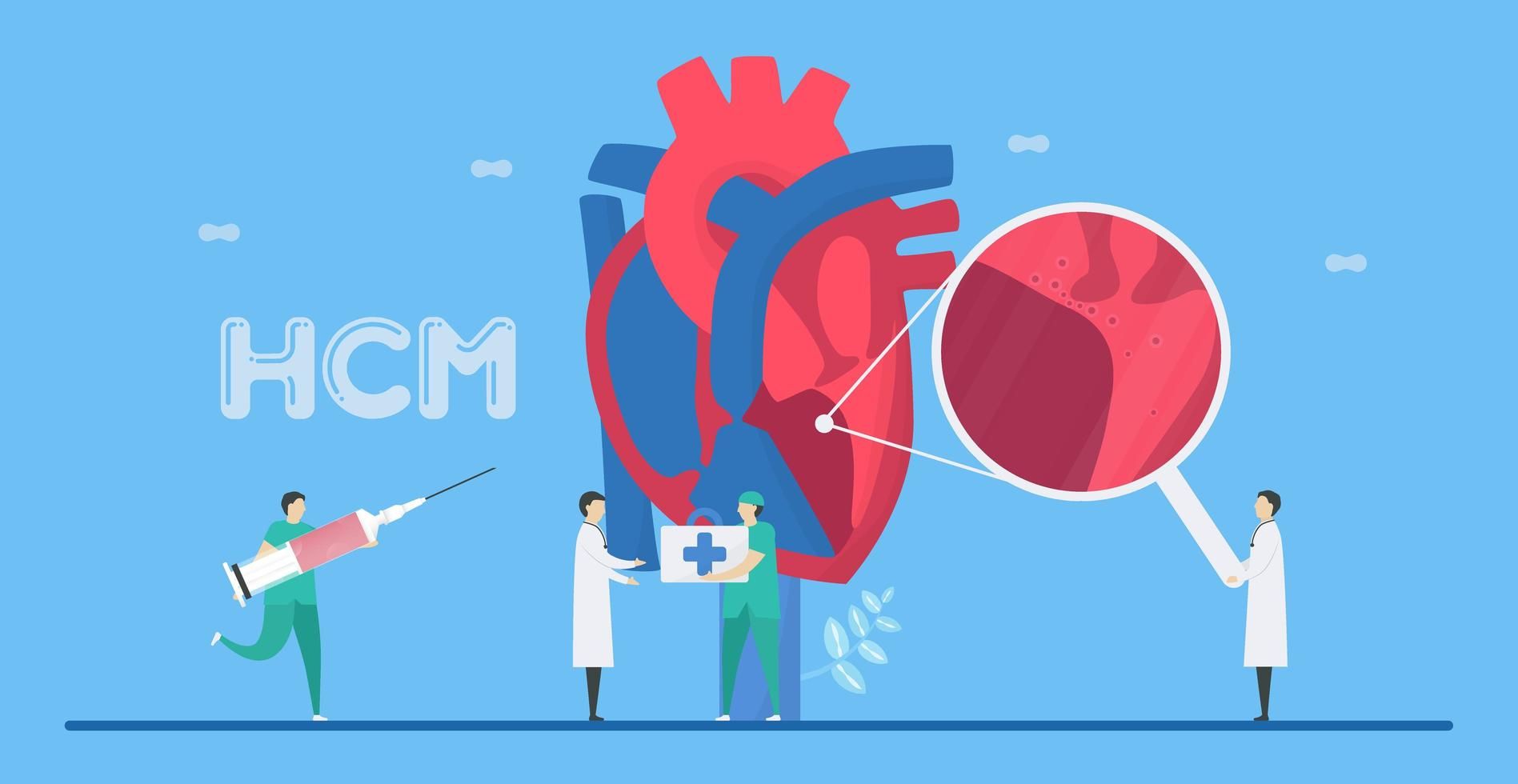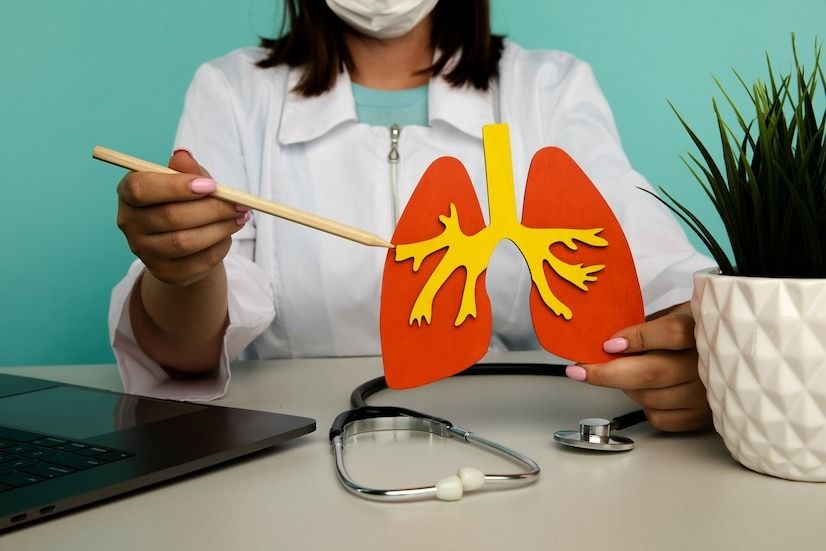Going through a triple bypass surgery is a significant life event that requires a great deal of patience, resilience, and adaptation. After the surgery, the first three months are crucial for recovery and establishing a new normal.
In this article, we will explore what to anticipate three months after undergoing triple bypass surgery and provide crucial advice for preserving your overall health.
Let's take a moment to quickly review the recovery period before we move forward.
| The Initial Recovery Period (Weeks 1-4) |
|
| Building Strength and Stamina (Weeks 5-8) |
|
| Three Months Post-Surgery (Weeks 9-12) |
|
Feeling tired and weak? Don't worry, you're not alone. Here's why.
Is it normal to still experience fatigue and weakness at this stage?
Yes, it is normal to still experience fatigue and weakness, even 3 months after triple bypass surgery. Some factors which contribute to your fatigue are:
- Physical Healing Time: Your body needs an extended period to fully heal after a major surgery like triple bypass. The healing process may still be ongoing, even after 3 months. Your body is putting in a lot of energy to repair itself and this can lead to persistent fatigue.
- Muscle Weakness: During the initial recovery phase, physical activity is limited. This can lead to muscle weakness and decreased stamina.
- Medications: Some medicines may have side effects, which contribute to fatigue. Discuss with your doctor about its impact on your energy levels.
- Psychological Stress: The emotional and psychological stress associated with major surgery can contribute to fatigue. Dealing with anxiety, depression, or the emotional impact of your surgery can be draining.
- Lifestyle Changes: Lifestyle changes like dietary changes, increased physical activity and quitting smoking can also impact on your energy levels as your body adapts to them.
- Individual Variation: While some people may get back to normal after 3 months, others may take longer. Factors like age, overall health, and surgical complexity can influence the pace of your recovery.
Differentiating between normal fatigue after surgery and abnormal or severe fatigue is crucial as it may signal a potential complication or an underlying medical concern. Consult with your cardiac surgeon for guidance on your specific recovery progress.
Your health is too important to ignore – schedule your appointment now.
When can I start an exercise routine?
Engaging in physical activity after undergoing triple bypass surgery is a crucial component of your recovery journey, although the specific timing can be contingent upon personal circumstances and the professional advice provided by your doctor. Here's a general guideline:
Recovery Phase | Activities and Exercises |
| Early Post-Surgery Period (Days to Weeks) |
|
| Cardiac Rehabilitation (Within Weeks) | Walking, Cycling and light strength training |
| Gradual Progression (Weeks to Months) |
|
More rigorous activities like jogging can be introduced in the later stages of cardiac rehabilitation. Similar to jogging, weightlifting should be approached with caution. Begin with some gentle resistance exercises. Heavier weight lifting can usually be considered later, typically several months after surgery. This is subject to your cardiovascular fitness and how your overall strength has improved. The pace of progression will depend on your individual recovery and your heart surgeon's guidance.
Studies have shown that exercise-based rehabilitation for patients with coronary artery disease effectively lowers the rate of cardiac death.
Can I return to work or resume my normal daily activities?
By 6 weeks, you should be able to do most of your normal activities and by 3 months you're likely to be fully recovered.
It is indeed possible for certain individuals to return to work or resume daily activities just three months after undergoing a triple bypass surgery. However, the feasibility of this greatly depends on a range of different factors. Here are some considerations:
- Individual Recovery: Recovery from triple bypass surgery varies from person to person. Your overall health, the success of the surgery, and your body's response to the recovery process all play a role.
- Type of Work: if your job is physically demanding or involves a lot of stress, it may take longer before you can return to work. On the other hand, if your job is sedentary or less physically demanding, you might be able to return sooner.
- Doctor's Recommendation: Consult with your cardiologist to assess your progress and provide guidance based on your specific situation.
- Cardiac Rehabilitation: Participation in a cardiac rehabilitation program can significantly influence your ability to return to work and daily activities. These programs help improve cardiovascular fitness and overall well-being.
- Gradual Transition: If you decide to return to work, consider a gradual transition to ease back into your routine.
- Lifestyle Changes: Ensure that you've made the necessary lifestyle changes to support your heart health. This includes dietary adjustments, medication management, and stress reduction strategies.
- Warning symptoms: Be alert for symptoms like discomfort, fatigue, or symptoms like chest pain or shortness of breath.
Take things slowly and follow your doctor's advice when transitioning back to work and daily activities after recovery. Receive personalized guidance for a safe transition back to your routine.
Take charge of your health and your life. Contact us today!
How do I manage my medications and prevent complications?
It is important to manage your medications and prevent complications after triple bypass surgery recovery. Here are some tips to help you with it.
After your bypass, you'll receive prescriptions for daily medications to take at home. It is necessary to know why each medicine is taken for its proper management. Some of these drugs improve survival, decrease the risk of complications, and help to prevent or treat recurrent chest pain.
Managing your medicines -
- Follow your medication schedule
- Do not skip any medicine
- Regular medication review with your doctor
- Avoid Over The Counter (OTC) medications
You can prevent complications by taking care of the following:
- Avoid heavy lifting and extreme shoulder movement (e.g., tennis, baseball, and golf) for six to eight weeks after surgery to allow for complete healing of the breastbone.
- Avoid driving for at least four weeks
What you eat can fuel your recovery, so here are some tips for dietary changes that can help you bounce back faster.
Can recovery be accelerated by dietary changes?
Yes, recovery after triple bypass surgery can be positively impacted by dietary changes. Adopting a heart-healthy diet as your post-bypass triple surgery diet is mandatory. It will help your body to heal, reduce your risk of complications and enable you to recover well.
- Adopt a heart-healthy diet. This implies that it is low in saturated and trans fats, cholesterol, and sodium.
- Include fruits and vegetables for essential vitamins and antioxidants.
- Whole grains and lean proteins should be opted in your diet.
- Reduce Sodium intake to manage blood pressure.
- Avoid overeating, which can lead to weight gain. This can strain your heart.
- Limit Saturated and Trans Fats.
According to studies, higher intake of dietary cholesterol has been proven to elevate the chances of recurring problems and can contribute to the advancement of atherosclerosis in the arteries of these individuals.
- Choose Low-Fat Dairy products
- Include fiber-rich foods
- Limit added sugars
- Stay hydrated
- Decrease alcohol consumption
- Eating smaller, more frequent meals will help in blood sugar control.
Consult a dietitian to create a personalized meal plan that meets your specific dietary needs and restrictions.
Ready to get back in the saddle? Here's what you need to know about resuming sexual activity after surgery?
Can I resume sexual activity?
In general, you can resume sexual activity 3 months after the triple bypass surgery. Consult your cardiologist before resuming sexual activity. But it is important to look at a few considerations:
- Sexual activity may raise blood pressure and heart rate.
- Seek treatment if you have chest pain or irregular heartbeat.
Sexual problems are common after bypass surgery due to factors like medication.
- Erectile dysfunction medicines should be used after consulting with your doctor.
- Side effects of drugs like beta blockers may reduce sexual activity.
Other measures which can be taken are:
- Cardiac Rehabilitation programs are an excellent way to enhance cardiovascular fitness and receive valuable guidance regarding the appropriate timing to resume sexual activity.
- Make sure you are physically comfortable and emotionally ready.
Take the first step to recovery. Get in touch with us for your treatment.
How do I manage post-surgery emotions and anxiety?
Here are some ways to manage your emotions and anxiety after a triple bypass:
- Seek support from your friends and family.
- Join a support group.
- Talk to a mental health professional if required.
- Practice relaxation techniques.
- Stay alert for warning symptoms
- Follow medical advice
- Take your prescribed medications.
- Maintain a heart-healthy lifestyle.
- Quit smoking.
- Reduce alcohol consumption
- Nutrient-rich diet
- Physical exercises
Knowing the warning signs of heart disease is your best defense, so here's what to watch for.
Are there any warning signs I should watch for regarding heart health?
Yes, there are warning signs and symptoms you should be aware of regarding heart health. Seek immediate medical attention if you see these warning signs:
- Chest Pain or Discomfort: This is one of the most common signs of heart problems. It will feel like pressure, tightness, and squeezing. The chest pain can be intermittent or it may persist.
- Shortness of Breath: Difficulty in breathing or severe shortness of breath, could be a sign of a heart issue.
- Pain in upper body parts: Discomfort or pain in the arms, especially the left arm, neck, jaw, or back can indicate heart problems.
- Fatigue: Unexplained fatigue, severe or sudden could be a sign of heart trouble.
- Dizziness or Fainting: Feeling lightheaded, dizziness or fainting can be related to heart issues.
- Rapid or Irregular Heartbeat: Palpitations or a sensation of fluttering in the chest is an important warning sign.
- Swelling: Swelling in the legs, ankles, feet, or abdomen indicates heart failure.
- Cold Sweats: Unexplained cold sweats, particularly if they are severe or accompanied by other symptoms, require evaluation.
- Nausea or Vomiting: Persistent nausea or vomiting, especially if it's associated with other symptoms, may be related to heart issues.
- Unexplained Weight Gain: Sudden weight gain, often due to fluid retention, is a sign of heart failure.
- Coughing or Wheezing: A persistent cough or wheezing, with pink or white mucus, may be associated with heart failure.
Early medical intervention can greatly improve your chances of successful treatment for cardiac issues.
Blood thinners are lifesavers, but when is it safe to come off them? Here's what you need to know.
When can I stop taking blood-thinning medications?
The decision to stop taking blood-thinning medication after a triple bypass should be made after consulting your doctor. They are prescribed to reduce the risk of blood clots and cardiac complications.
Some factors to be considered here are:
Overall health: Your doctor will assess your overall health, and any other medical conditions to suggest when your blood thinning medication should be stopped.
Type of grafts: If you have received arterial grafts, then you may need to continue blood thinners longer.
Risk factors: Your risk factors for clotting, like the history of blood clots or atrial fibrillation, are to be considered.
Bleeding risk: Blood thinners increase the risk of bleeding. Consult your doctor to strike the right balance.
Response to treatment: Your response to blood-thinning medications will be monitored through blood tests.
It's essential to follow your doctor's recommendations and continue taking blood-thinning medications that have been prescribed until they advise you to stop. Keep in mind that stopping these medications suddenly without medical guidance can be risky, as it may elevate your chances of developing blood clots or experiencing bleeding.
Your well-being is our priority - call us to book your appointment today
What lifestyle changes can I make to improve my long-term heart health?
Studies have shown that only 11.6% of patients adhered to healthy lifestyle practices. This can lead to problems like obesity, uncontrolled diabetes mellitus, uncontrolled hypertension, and hypercholesterolemia.
Here are some lifestyle changes you can make to improve your long-term heart health:
- Heart-healthy diet: Adopt a diet rich in fruits, vegetables, whole grains, lean proteins. Lower your cholesterol levels by minimizing saturated fats and trans fats.
- Exercise: Studies show that exercising for 150 minutes weekly can help lower your blood pressure and cholesterol levels.
- Quit Smoking: If you smoke, quitting smoking is the most impactful change for your heart health.
- Maintain a Healthy Weight: Aim for maintaining a healthy body weight through a balanced diet and regular physical activity during your triple bypass recovery period.
- Control Blood Pressure: Monitoring and managing your blood pressure through medication and lifestyle changes, under your doctor’s guidance is necessary.
- Manage Cholesterol: Keep your cholesterol levels in check with a heart-healthy diet and medicine if required.
- Limit Alcohol: Decrease your alcohol consumption.
- Stress Management: Follow stress-reduction techniques like meditation, deep breathing, or yoga.
- Regular Check-Ups: Schedule regular check-ups with your doctor to monitor your heart health and manage any underlying conditions.
- Adhering to medication: Follow your medication regimen as directed by your doctor to control risk factors like blood pressure and cholesterol.
- Adequate rest: Prioritize quality sleep and proper rest.
- Limit Processed Foods: Reduce consumption of processed foods, high in salt, sugar, and unhealthy fats.
- Hydration: Stay adequately hydrated. Avoid sugary beverages.
Seeking guidance from your heart specialist can help you successfully implement these lifestyle modifications for better long-term heart health.
References:
https://www.svhhearthealth.com.au/
https://www.wolterskluwer.com/en/solutions/uptodate/about/evidence-based-medicine


